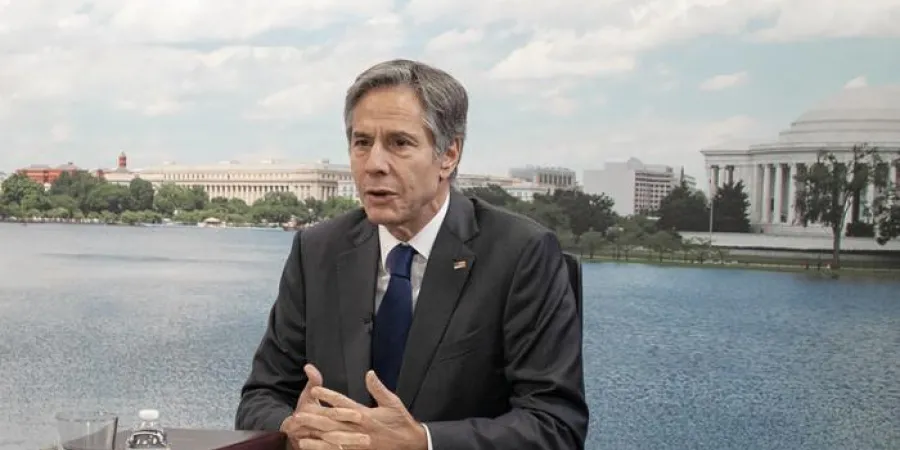US considers imposing sanctions over sales of Iranian oil to China
Sources in Washington told Reuters that if Tehran returns to the talks in Vienna, there will be no reason to punish companies that buy Iranian oil
Dan Arkin
| 25/07/2021
The U.S. is considering imposing sanctions over sales of Iranian oil to China if Iran does not return to the talks in Vienna on the nuclear agreement, or assumes a harder line in the negotiations.
Sources in Washington told Reuters that if Tehran returns to the Vienna talks, there will be no reason to punish companies that buy Iranian oil, but if it does not happen, there will be a need to reconsider the American positions. The Wall Street Journal reported that Washington is considering tightening enforcement of its Iran-related sanctions, mainly against China.
Chinese refiners are the largest consumers of Iranian oil. This year, the imports by China have averaged between 400,000 and 600,000 barrels a day on a monthly basis, and the number may reach 1 million barrels. China Concord Petroleum is the leading player in the Iranian oil deals with China.
Robert Einhorn, an analyst at the Brookings Institution, said this weekend that Washington is sending veiled threats regarding the imposition of sanctions, and apparently wants to send a message to Iranian President-elect Raisi regarding his country's return to the Vienna talks on the nuclear agreement, and that "the U.S. has options and there will be costs." The question remains how Beijing will respond if the U.S. imposes sanctions over the sale of Iranian oil, and whether China will blame the U.S. or Iran.
When asked to specify when the Vienna talks might resume, Iranian officials responded that it could happen when Raisi takes office on August 5 or a few weeks later. The officials in Tehran said that they must wait for the decision of the new president regarding whether he wants to replace the Iranian team at the Vienna talks or leave it as it is. It is mainly a question of whether the head of the delegation, Dr. Abbas Araqchi, will continue in his position in Vienna or be replaced.
Sources in Washington told Reuters that if Tehran returns to the talks in Vienna, there will be no reason to punish companies that buy Iranian oil
The U.S. is considering imposing sanctions over sales of Iranian oil to China if Iran does not return to the talks in Vienna on the nuclear agreement, or assumes a harder line in the negotiations.
Sources in Washington told Reuters that if Tehran returns to the Vienna talks, there will be no reason to punish companies that buy Iranian oil, but if it does not happen, there will be a need to reconsider the American positions. The Wall Street Journal reported that Washington is considering tightening enforcement of its Iran-related sanctions, mainly against China.
Chinese refiners are the largest consumers of Iranian oil. This year, the imports by China have averaged between 400,000 and 600,000 barrels a day on a monthly basis, and the number may reach 1 million barrels. China Concord Petroleum is the leading player in the Iranian oil deals with China.
Robert Einhorn, an analyst at the Brookings Institution, said this weekend that Washington is sending veiled threats regarding the imposition of sanctions, and apparently wants to send a message to Iranian President-elect Raisi regarding his country's return to the Vienna talks on the nuclear agreement, and that "the U.S. has options and there will be costs." The question remains how Beijing will respond if the U.S. imposes sanctions over the sale of Iranian oil, and whether China will blame the U.S. or Iran.
When asked to specify when the Vienna talks might resume, Iranian officials responded that it could happen when Raisi takes office on August 5 or a few weeks later. The officials in Tehran said that they must wait for the decision of the new president regarding whether he wants to replace the Iranian team at the Vienna talks or leave it as it is. It is mainly a question of whether the head of the delegation, Dr. Abbas Araqchi, will continue in his position in Vienna or be replaced.



